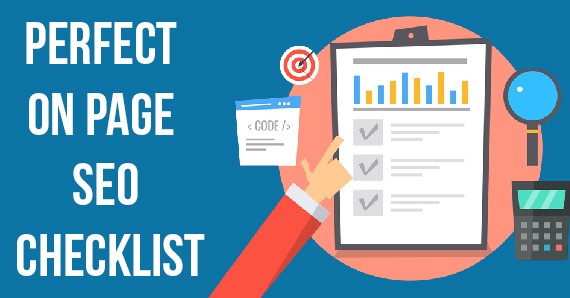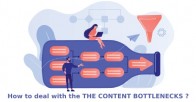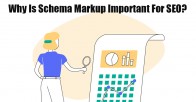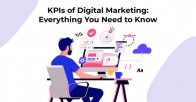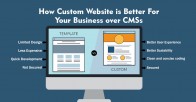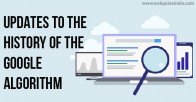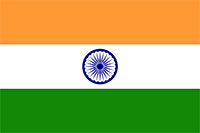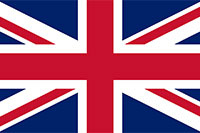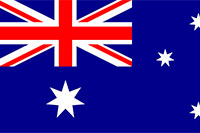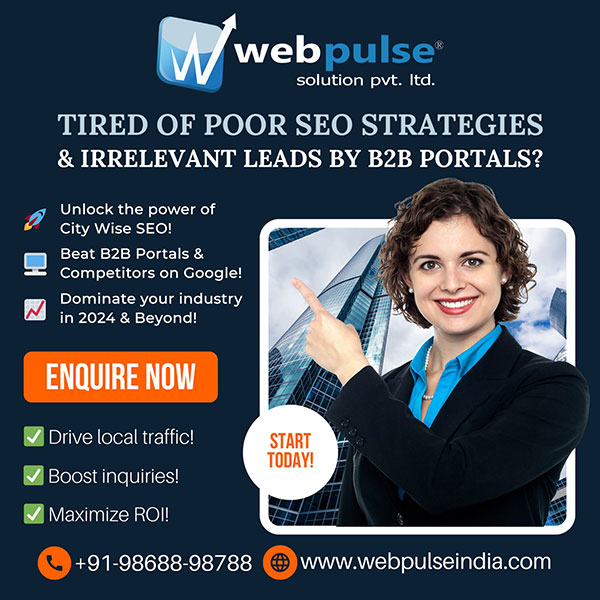On-page SEO or on-site SEO is the act of improving site page content for clients and web search tools. Internal links, URLs, optimizing title tags and content are some of the common on-page SEO practices. This is not the same as off-page SEO, which is optimizing for signals that occur off of your site (backlinks, for instance).
If in any case, you are looking for the best digital marketing company in Delhi that can help you in generating revenues through your website; you can get in touch with us. Webpulse Solution Pvt Ltd. is here to give you the best services and let you make money. Let’s take a move ahead and know some of the points that must be included while performing On-Page SEO.
- Title
Your title tag is a crucial on-page ranking variable, especially about the positioning of your targeted keyword. The nearer the keyword is to the start of the title, the more weight it has with web search tools. Make certain to keep your targeted keyword as close as possible to the start of your title tag, and make certain to restrict your title to somewhere in the range of 50 and 60 characters to guarantee it won't be shortened in search tools.
- Description
Your meta description should be novel. It should contain the keyword phrase or keyword that you need to target. Remember it should range between 150-155 characters long. Furthermore, if your meta description holds the specific keyword the client is looking for, it will become intense in indexed lists. This is yet, another approach to help enhance CTR.
- Image Alt Tag
Images, recordings, videos, and other media can decrease the bounce rate and improve time on your website, which are two basic variables for client association rankings. The utilization of images permits you to separate content and gives you the chance to remember your targeted keywords for your image's alt tag property.
One continually neglected improvement is the image name. Make certain to give a short description of the picture in the file name also.
- Canonical Tag
There are a few different ways to add canonical labels and a ton of that will rely upon what you're utilizing to host your website and eventually what you or your group considers best
- Outbound Links
By connecting your webpage to related outbound sites you're revealing to Google that your page and site are a center of valuable data. Linking your site with other quality sites can aid page rankings and assist Google in understanding what your site page is about.
- Inbound Links
It's a decent practice to add a few internal links to each of your new content that you post. One of the primary advantages of internal linking is that it assists Google to find, comprehend, and record every one of the pages on your site. When utilized deliberately, internal links can pass page positions to significant pages.
- Content
Adding your keyword within the first 100 words of an article is the good practices that can make Google understand your content and the target keyword.



 We are Hiring
We are Hiring






